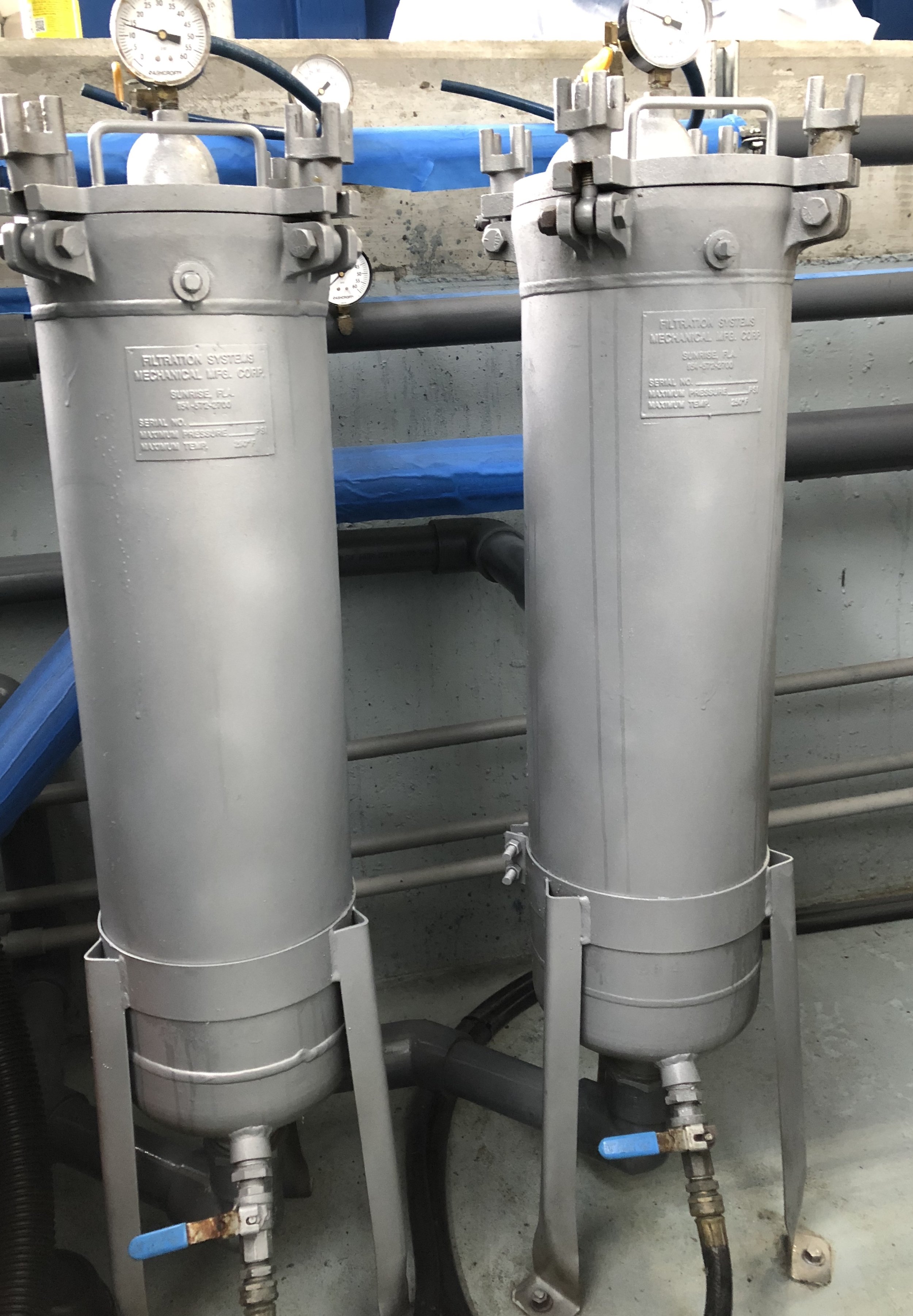Recycling Our Most Valued Natural Resource - Water
Overview
Globalcycle, Inc. (“Globalcycle”) operates two very unique processes at its Taunton, MA facility; a wastewater recycling facility and a solid waste handling facility:
Our wastewater recycling facility is the only fully permitted industrial/commercial wastewater treatment and recycling plant in Massachusetts. Globalcycle operates pursuant to a Massachusetts Department of Environmental Protection (“MassDEP”) Individual Reclaimed Water Discharge Permit. This permit allows Globalcycle to accept various non-hazardous industrial wastewaters from off-site sources. Globalcycle uses solids filtration systems and activated carbon to recycle wastewaters into a reusable water source for industrial reuse applications (See below detailed process description).
Adjacent to our wastewater recycling facility, Globalcycle has completed the construction of a new 8000 square foot building, after obtaining a MassDEP Site Suitability approval, a solid waste facility handling permit and a City of Taunton Site Assignment. This facility is the first and only fully permitted non-hazardous facility in Massachusetts authorized to accept most non-hazardous liquids, semi-solids, and solids for storage and/or treatment, including two solidification pits. Typical non-hazardous solid waste streams authorized to accept in bulk or in containers include, but is not limited to:
~ Power plant wastes, such as cooling tower basin sediments
~ Abrasive stone/sand blasting semi-solids
~ Alum wastewater residuals from drinking water treatment plants
~ Off-specification/outdated raw materials and products
~ Inert materials, such as soils, sand, dirt, clays
~ Catch basin, car wash, and other inert solids and semi-solids
~ Bentonite slurries
~ Remediation wastes such as spent bag filters, carbon, and other media
~ Investigated derived wastes (“IDW”) from site investigations









